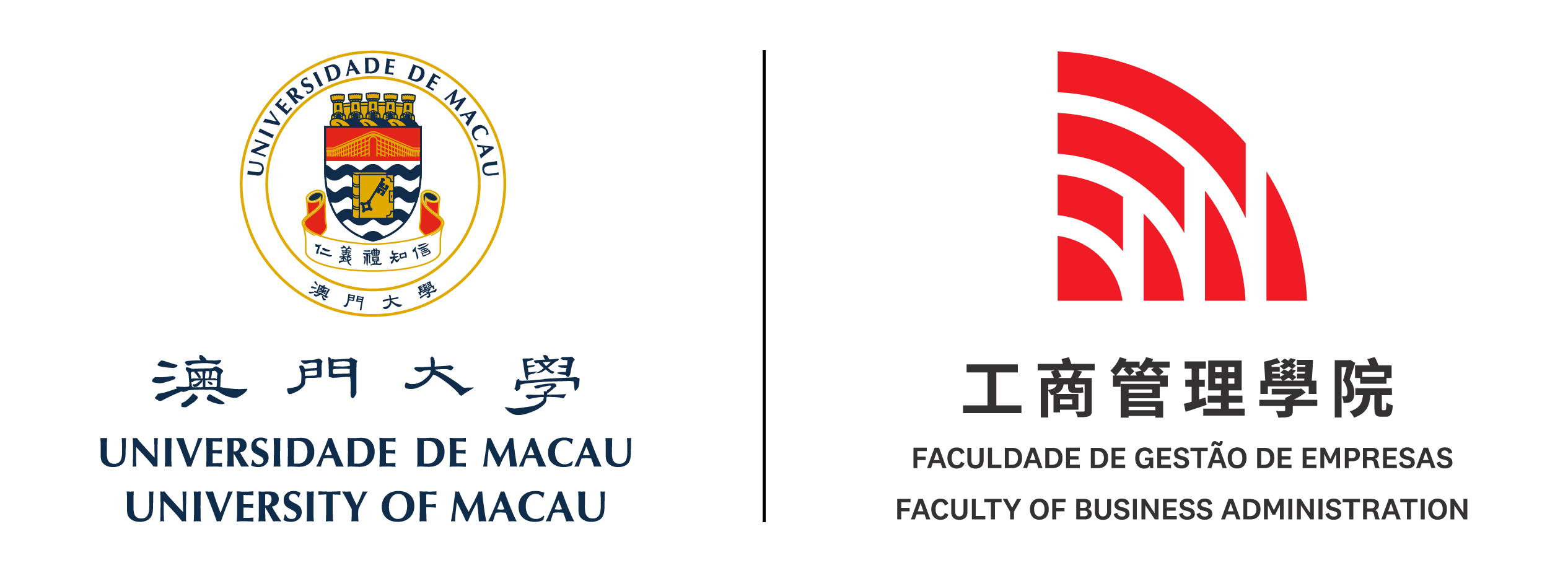Faculty of Business Administration
SEMINAR SERIES No. 05/1516
Finance
Seigle Family Distinguished Professor
Washington University in St. Louis, USA
The rapid expansion in casinos has involved in a relentless “casino competition” between cities or countries across the border. This paper develops a framework to shed light on the cross-border casino competition and conducts both analytical and quantitative studies. Two bordering casinos compete each other for the external source of demand from the other side of the border and the two competing cities set their optimal tax policy (the casino revenue tax on casino operators and/or the tax surcharge on gamblers) to maximize the social welfare. By calibrating the model to fit the casino competition between Detroit and Windsor, we quantify the consequences of rising commuting costs and declined population size for cross-border casino competition. We further assess the casino tax effects and then determine the optimal casino tax policy in the calibrated two-city economy. The welfare and counterfactual analyses provide policy implications to the casino policymakers of the bordering cities and offer new insights to the thin economic literature on casino gambling.
Date: 11 November, 2015 (Monday)
Time: 15:00~16:30
Venue: Faculty of Business Administration, E22-1011
A Short Biography of Prof. Ping Wang
Ping Wang received a Ph.D. degree in Economics from the University of Rochester in May 1987, being affiliated with Penn State University from 1987 to 1998 and with Vanderbilt from 1999 to 2005. His is presently Seigle Family Distinguished Professor of Arts and Sciences at Washington University in St. Louis and Research Associate at the NBER. His major research areas include Growth and Development, Money and Macroeconomics, Economic Theory, and Spatial/Health Economics. He has published over 60 research articles in refereed journals, including American Economic Review, Review of Economic Studies, Journal of Economic Theory (4), Journal of Monetary Economics (3), International Economic Review (5), and Review of Economics and Statistics (2).
He is currently Vice President for Planning and Development of the East Asian Institute, Associate Editor for Economics Bulletin, Journal of Public Economic Theory, Pacific Economic Review and Regional Science and Urban Economics, and on the editorial and advisory boards for Journal of Macroeconomics, Taipei Economic Review, and American Association for Chinese Studies. His current research focuses primarily on: (i) micro-founded theory in growth and development, (ii) intertemporally and spatially redistributive policy, (iii) search and match models of labor/family, money/credit and technology, (iv) agglomeration of productive economic activities, (v) labor market consequences of addiction/substance abuse and health/human capital investment decisions, (vi) positive and normative analysis of crime, corruption, casinos and networks, and (vii) economic integration, outsourcing, venture capital and institutions.


